Through our programs, YIVO makes discoveries and treasures from our collections accessible and fosters the creation of contemporary Jewish culture. Explore our upcoming events and join us at YIVO soon.
To do our part to try to contain the spread of the coronavirus, YIVO is temporarily closed until further notice. In place of our regularly scheduled in-person programs during this time we are offering live and pre-recorded programs online. Find out about our upcoming online programs below and be sure to follow us on Facebook, where we are hosting Live check-ins and mini-lectures throughout each week.
Be the first to know about upcoming programs and special events by signing up for our email list »
Travel with YIVO this summer.
Join us on our exclusive study tours of Eastern Europe! Learn more »

[FALL2024] Beginner II Yiddish (Sunday)
This weekly class develops listening, speaking, writing, and reading skills. It is primarily for students who have completed Beginner I Yiddish or equivalent coursework.
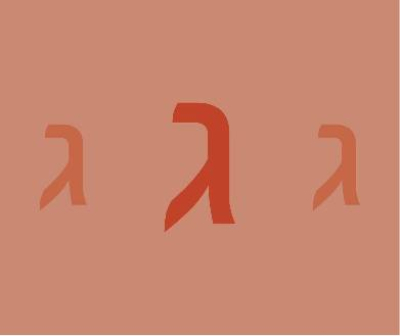
[FALL2024] Intermediate I Yiddish
This weekly class enhances listening, speaking, writing, and reading skills. It is primarily for students who have completed Beginner IV Yiddish or equivalent coursework.
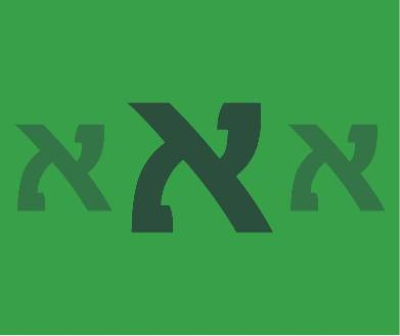
[FALL2024] Beginner I Yiddish (Sunday Morning)
This weekly class covers the alef-beys and grammar, vocabulary, and conversational basics. It is for those who are new to the Yiddish language or would like a review.

[FALL2024] Beginner I Yiddish (Sunday Afternoon)
This weekly class covers the alef-beys and grammar, vocabulary, and conversational basics. It is for those who are new to the Yiddish language or would like a review.

[FALL2024] Beginner III Yiddish (Sunday)
This weekly class develops listening, speaking, writing, and reading skills. It is primarily for students who have completed Beginner II Yiddish or equivalent coursework.

[FALL2024] Advanced Topics in Yiddish Literature & Grammar: What is Modern about the Yiddish Classics?
This weekly class enhances listening, speaking, writing, and reading skills. It is primarily for students who have completed Advanced I Yiddish or equivalent coursework.
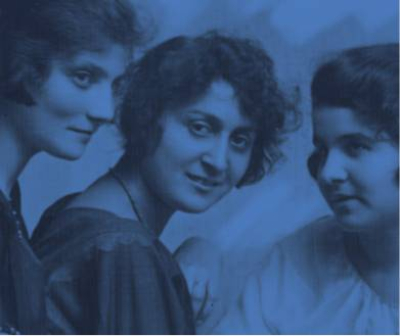
[FALL2024] Mothers, Revolutionaries, and Workers: Women during the Great Transformation of Eastern European Jewish Society
Explore women’s experiences at the turn of the twentieth century, a transformative period in modern Eastern European Jewish history that included industrialization, mass migrations, and the rise of nationalisms.

[FALL2024] Advanced I Yiddish (Sunday Afternoon)
This weekly class enhances listening, speaking, writing, and reading skills. It is primarily for students who have completed Intermediate IV Yiddish or equivalent coursework.

[FALL2024] Intermediate II Yiddish (Sunday)
This weekly class enhances listening, speaking, writing, and reading skills. It is primarily for students who have completed Intermediate I Yiddish or equivalent coursework.

[FALL2024] Advanced I Yiddish (Sunday Evening)
This weekly class enhances listening, speaking, writing, and reading skills. It is primarily for students who have completed Intermediate IV Yiddish or equivalent coursework.
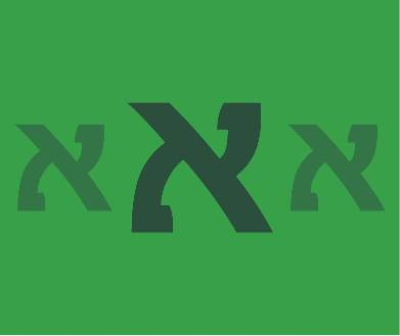
[FALL2024] Beginner I Yiddish (Monday)
This weekly class covers the alef-beys and grammar, vocabulary, and conversational basics. It is for those who are new to the Yiddish language or would like a review.

[FALL2024] Intermediate III Yiddish (Monday Morning)
This weekly class enhances listening, speaking, writing, and reading skills. It is primarily for students who have completed Intermediate II Yiddish or equivalent coursework.

[FALL2024] Intermediate IV Yiddish
This weekly class enhances listening, speaking, writing, and reading skills. It is primarily for students who have completed Intermediate III Yiddish or equivalent coursework.

[FALL2024] Intermediate III Yiddish (Monday Afternoon)
This weekly class enhances listening, speaking, writing, and reading skills. It is primarily for students who have completed Intermediate II Yiddish or equivalent coursework.

[FALL2024] Intermediate II Yiddish (Monday)
This weekly class enhances listening, speaking, writing, and reading skills. It is primarily for students who have completed Intermediate I Yiddish or equivalent coursework.

[FALL2024] Advanced II Yiddish
This weekly class enhances listening, speaking, writing, and reading skills. It is primarily for students who have completed Advanced I Yiddish or equivalent coursework.

[FALL2024] Beginner IV Yiddish
This weekly class develops listening, speaking, writing, and reading skills. It is primarily for students who have completed Beginner III Yiddish or equivalent coursework.

[FALL2024] Beginner Reading Yiddish
This weekly reading class covers grammar and how to read Yiddish texts with the help of a dictionary. It is for students new to Yiddish, especially those interested in obtaining reading proficiency for academic or archival research.
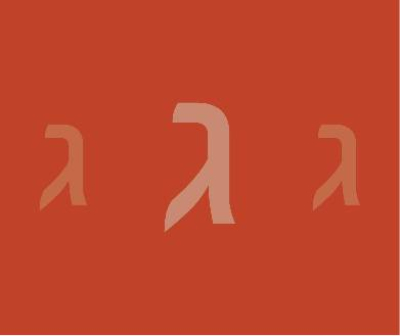
[FALL2024] Intermediate II Yiddish (Tuesday)
This weekly class enhances listening, speaking, writing, and reading skills. It is primarily for students who have completed Intermediate I Yiddish or equivalent coursework.

[FALL2024] Beginner III Yiddish (Tuesday)
This weekly class develops listening, speaking, writing, and reading skills. It is primarily for students who have completed Beginner II Yiddish or equivalent coursework.
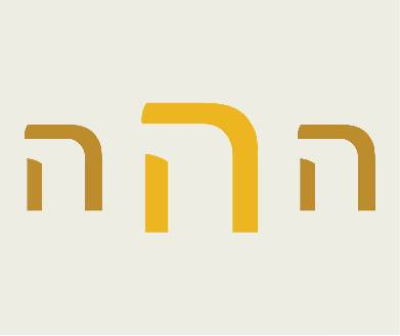
[FALL2024] Advanced Topics in Yiddish Literature & Grammar: Autobiographical Writing in Yiddish
This twice-weekly class enhances listening, speaking, writing, and reading skills. It is primarily for students who have completed Intensive Advanced II Yiddish or equivalent coursework.

[FALL2024] Beginner I Yiddish (In-person)
This weekly class covers the alef-beys and grammar, vocabulary, and conversational basics. It is for those who are new to the Yiddish language or would like a review.

[FALL2024] Getting From Oy To Vey: Yiddish as an Expression of Traditional Jewish Life and Learning
Michael Wex leads an in-depth analysis of Yiddish, revealing how Jewish texts and non-Jewish concepts have been incorporated into the language.

[FALL2024] Beginner IV Yiddish (In-person)
This weekly class develops listening, speaking, writing, and reading skills. It is primarily for students who have completed Beginner III Yiddish or equivalent coursework.
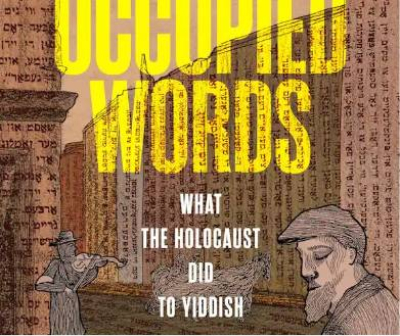
Yiddish Language During the Holocaust
Through the lenses of cultural history, philology, and literary interpretation, Hannah Pollin-Galay investigates how the Holocaust radically altered the way many Eastern European Jews spoke Yiddish, in a discussion led by Samuel Kassow.

[FALL2024] Readings in Yiddish Prose
Read, listen to, and talk about short stories, essays, journalistic writing, folklore, and more from a literary and linguistic point of view.
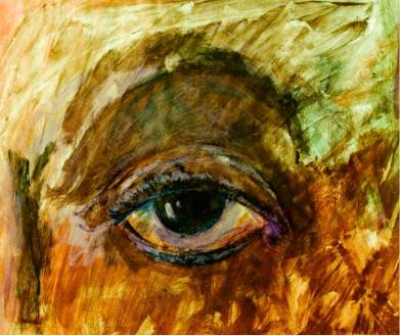
Joseph Brodsky: Epitaph for a Centaur, Six Years Later
Join YIVO for a screening of a short film exploring the poet Joseph Brodsky’s Jewish identity, his legacy, and the political undertones of his writing.

Proof of Identity
This US premiere of the POLIN Museum’s new documentary by Mikołaj Grynberg offers viewers a glimpse into what it means to be a Polish Jew today. Through interviews with the generation that has had no direct contact with the Holocaust survivors in their families, Grynberg’s film reflects on how Holocaust memory has evolved in Poland.

Burning Off the Page
Join YIVO for the New York premiere of a documentary about Yiddish poet and fiction writer Celia Dropkin, followed by a discussion with filmmaker Eli Gorn, professor Agnieszka Legutko, and poet Edward Hirsch.
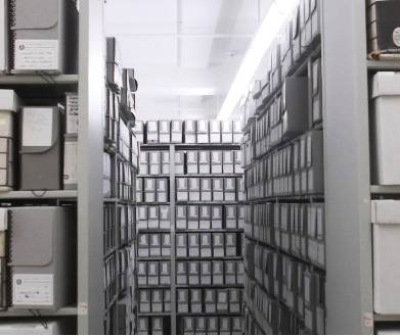
Genealogical Research at the YIVO Institute for Jewish Research
YIVO archivist Hallel Yadin will review the different kinds of documents available at YIVO, including pre-war community records, immigration case files, yizkor books, landsmanshaftn records, and more.
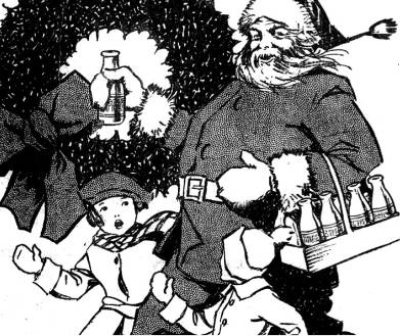
A Very Jewish Christmas: Jewish Sitcom Characters Navigate December
Jennifer Caplan explores several examples of Jewish television characters attempting to survive the holiday season. A kosher Chinese food dinner will follow the presentation.
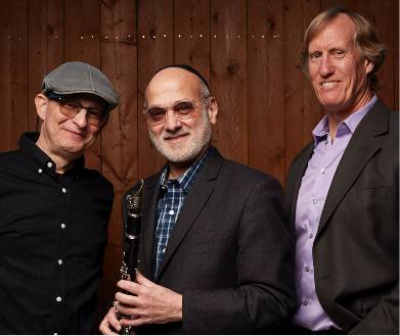
Hanukkah Concert 2024 - The Andy Statman Trio
This annual Hanukkah concert showcases songs and stories that charm and delight audiences in celebration of this joyous holiday. This year's concert will feature a performance by The Andy Statman Trio.
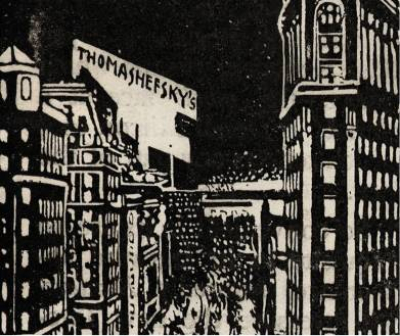
[WY2025] The Lullaby of Second Avenue: Yiddish Urban Theater
Mikhl Yashinsky examines a series of powerful theatrical scenes to explore the motivating forces and inspiration behind their creation.
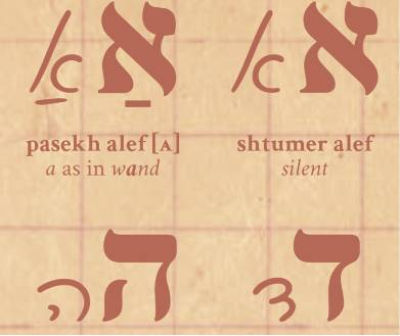
[WY2025] Alefbeys Workshop
Josh Price prepares students to start learning Yiddish with an introduction to the Yiddish alphabet, basic reading, writing, and pronunciation.
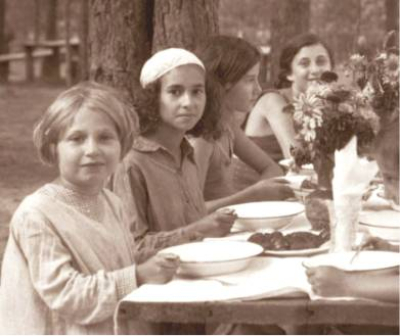
[WY2025] Introduction to Ashkenazi Jewish Foodways
Eve Jochnowitz examines how Ashkenazic foodways, along with the Yiddish language and the rhythms of Jewish practice, formed the medium in which Jewish life was and is lived in the Yiddish world.

[WP2025] Outside the Synagogue: Traditional Songs and Nigunim of Eastern Yiddish Speakers
Michael Lukin explores the various genres of Yiddish folk songs and old Hasidic wordless nigunim, including ballads, folk paraphrases, cumulative songs, lullabies, lyric songs, and “cleaving nigunim,” as well as dance, march, and joy-nigunim.
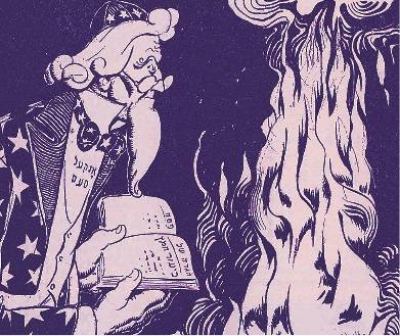
[WP2025] In the Aftermath of the National Origins Act, 1924-1928
Hasia Diner examines landmark moments in the half decade between the passage of the National Origins Act and the 1929 onset of the Great Depression that shaped Jewish life in America.

[WP2025] Desire in Yiddish Literature
Anita Norich explores a range of familiar and unfamiliar Yiddish stories and poems to consider how Yiddish writers responded to the social and political issues of their day: emigration/immigration, various forms of nationalism, socialism, religious belief, and rejection of religious observance.
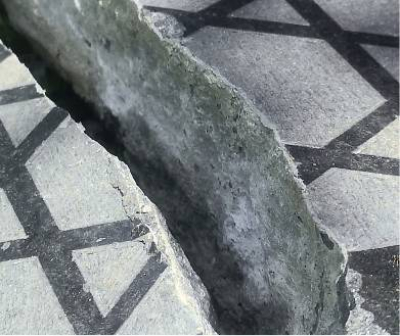
[WP2025] Whitewash: Holocaust Distortion in Poland and Beyond
Jan Grabowski sheds light on the origins of Holocaust distortion as well as its impact on Holocaust memory and Holocaust education in Poland, in Europe, and beyond.
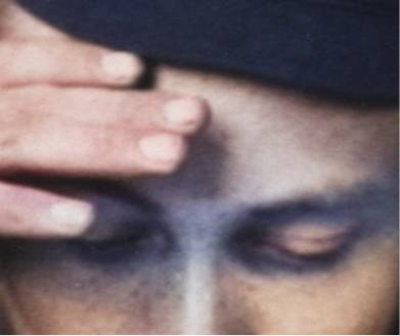
[WP2025] Making and Unmaking Jews in our Post-Pandemic Age of Antisemitism
Sander Gilman discusses the ever-shifting meaning of being a Jew in our contemporary debates about antisemitism, looking at the continuities and discontinuities both among those who define themselves as Jewish and those who seek to define Jews, both from within and without.
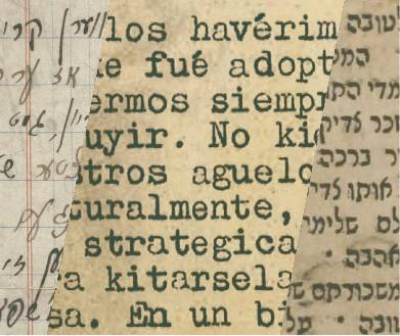
[WP2025] Jewish Languages
Ilan Stavans tackles questions such as what constitutes a Jewish language, why have some developed more than others, when and where Jewish languages emerge from, and how Jewish languages die, if and when they do.
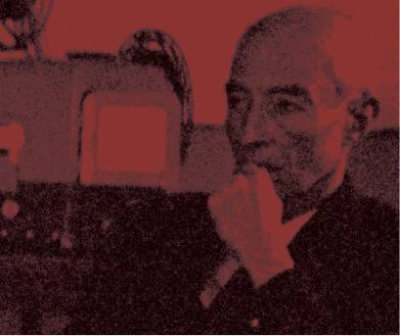
[WP2025] Jewish Intellectuals and the Birth of the Nuclear Era
Alex Wellerstein tracks the key figures, ethical debates, and geopolitical influences of Jewish scientists on the creation, proliferation, and plans for the use of nuclear weapons, beginning with the rise of Jewish prominence in theoretical physics in the early 1900s.

[WY2025] Yiddish Folktales
Vera Szabó studies Yiddish folktales for a glimpse into the spoken language, as well as thoughts, desires, fears, and fantasies of those who told and listened to them.
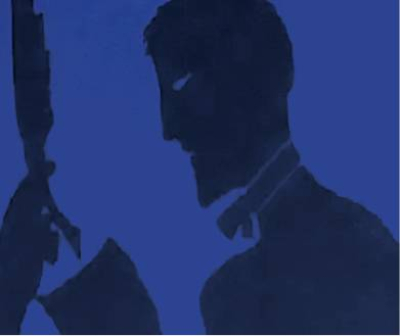
[WP2025] Encounters with Mephistopheles
Jonathan Brent explores the ultimate source of evil as it has been visualized and understood in the twentieth century by Thomas Mann and Arnošt Lustig whose works evolved out of their immediate experiences with Nazi totalitarianism.

[WP2025] Entertaining America: Jews and Hollywood
J. Hoberman examines the relationship between Jews and Hollywood, as producers, artists, and symbolic figures.
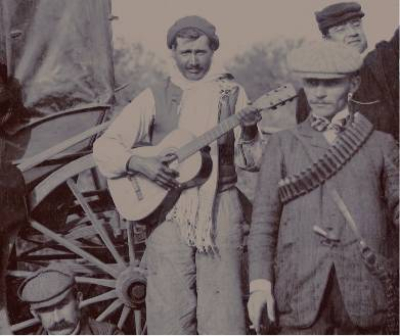
[WY2025] Yiddish Argentina: Countryside, City, Stage, and Tango – A YIVO Centennial Retrospective
Abraham Lichtenbaum delves into the history of the Jewish population, Yiddish language and culture, and YIVO in Argentina.
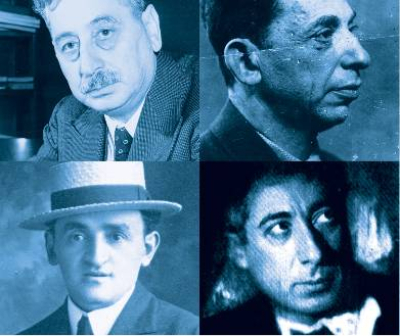
[WY2025] Contrasting Styles, Common Themes: A Taste of Modern Yiddish Prose
Eugene Orenstein explores the development of a modern Yiddish prose style as seen in stories by Sholem Asch, Dovid Bergelson, Yosef Opatoshu, and Moyshe Nadir.
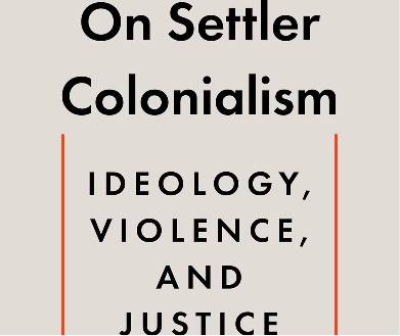
On Settler Colonialism: Ideology, Violence, and Justice
Adam Kirsch shows how the concept of settler colonialism emerged in the context of North American and Australian history and how it is being applied to Israel today.
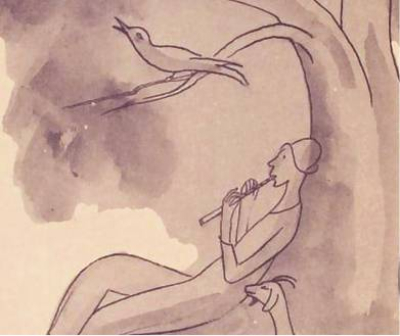
[WY2025] Seasons in Yiddish Song
Perl Teitelbaum explores folksongs passed down from generation to generation and songs by beloved poets and composers.
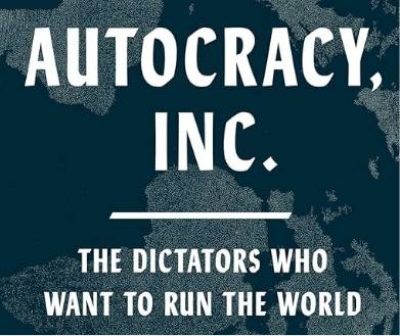
Autocracies in the 21st Century
For the 2025 Winter Program Keynote, Anne Applebaum and Jonathan Brent discuss how autocracies have evolved in the 21st century.
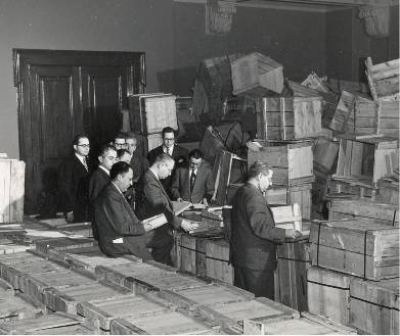
The YIVO Library in New York: Personal Reflections on Its History and Collections
Zachary M. Baker offers personal reflections on the legacy of the YIVO Library, focusing on its collections and leading personalities after its move to New York City in 1940.
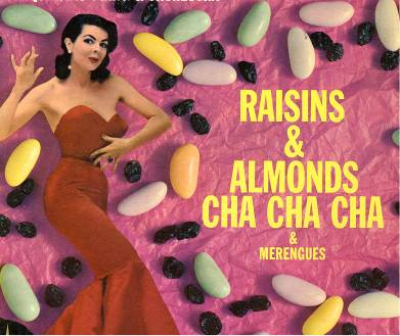
Yiddish Tangos and Klezmer Mambos
Join YIVO for a panel discussion with Ronald Robboy, Sonia Gollance, and Josh Kun, as they explore the remarkable influence of Latin American music and dance on the culture of Yiddish speaking communities in the United States.
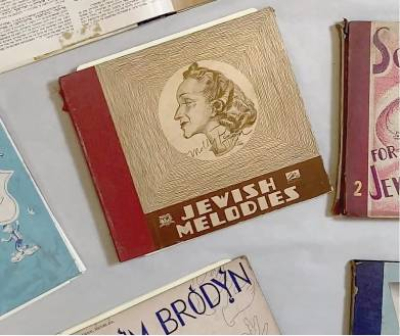
The YIVO Sound Archive and the Klezmer Revival
YIVO sound archivist Eléonore Biezunski tells the story of the Max and Frieda Weinstein Archive of YIVO Sound Recordings in relation to the revitalization of klezmer music since the mid-1970s.
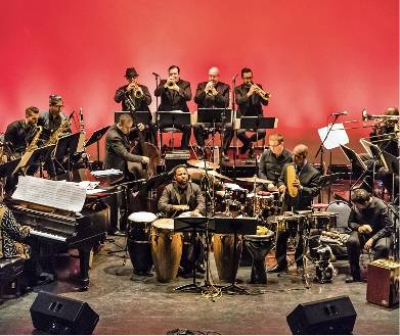
Falafel, Freilach and Frijoles: From Mambo to Borscht
Enjoy a concert performed by Arturo O’Farrill and his Afro Latin Jazz Orchestra featuring Jewish and Yiddish classics in Afro Latin big band versions and Latin classics in Klezmer arrangements.
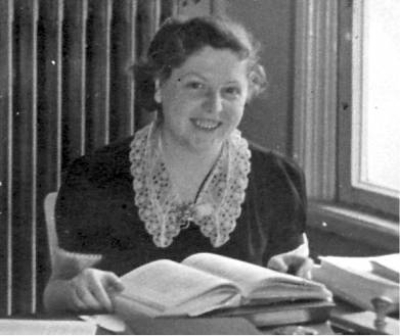
The Making of a Historian of East European Jewry and the Holocaust: Lucy S. Dawidowicz and the YIVO in Vilna, New York, and Offenbach
This talk by Nancy Sinkoff will explore the influence of the YIVO on Lucy S. Dawidowicz (1915-1990), a postwar American Jewish public intellectual and historian, who was central to the field that is now called “Holocaust Studies.”
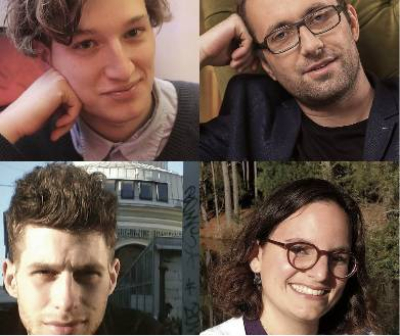
New Trends in YIVO Scholarship
Join YIVO for a panel discussion sharing new research on various historic YIVO initiatives featuring presentations by William Pimlott, Kamil Kijek, and Nicolas Vallois, followed by a conversation led by Jessica Kirzane.
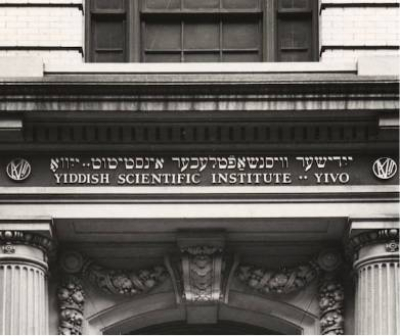
YIVO in America
Join us for a celebration of YIVO’s 100th anniversary with a conference focusing on how YIVO’s founding vision for Jewish social sciences has been realized in America since its headquarters shifted to New York City in 1940.





